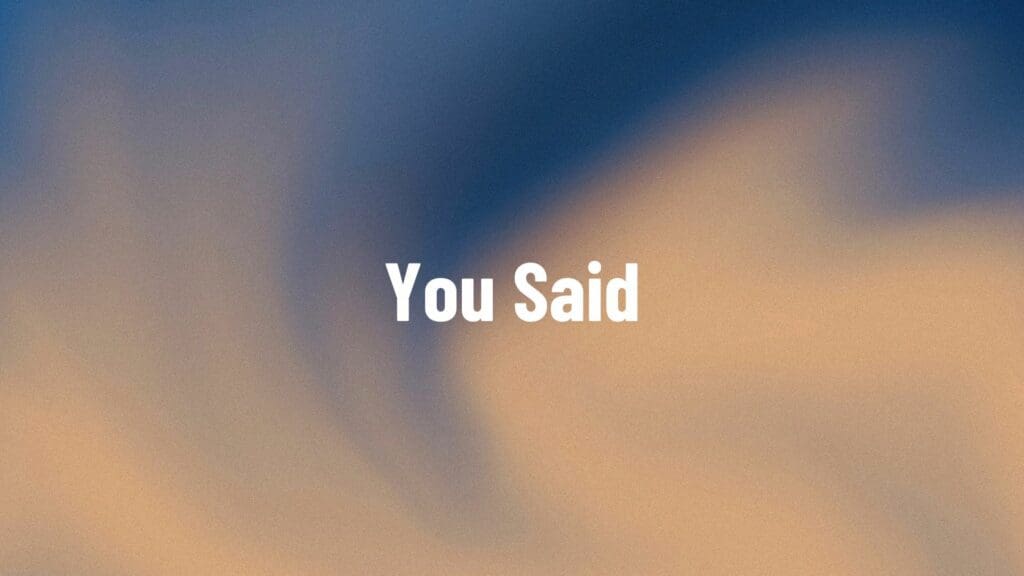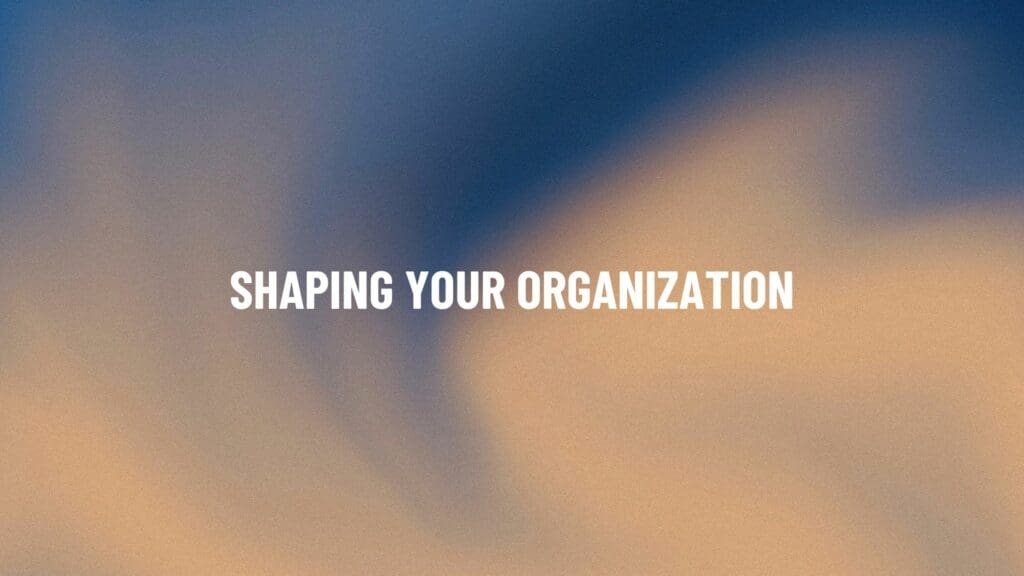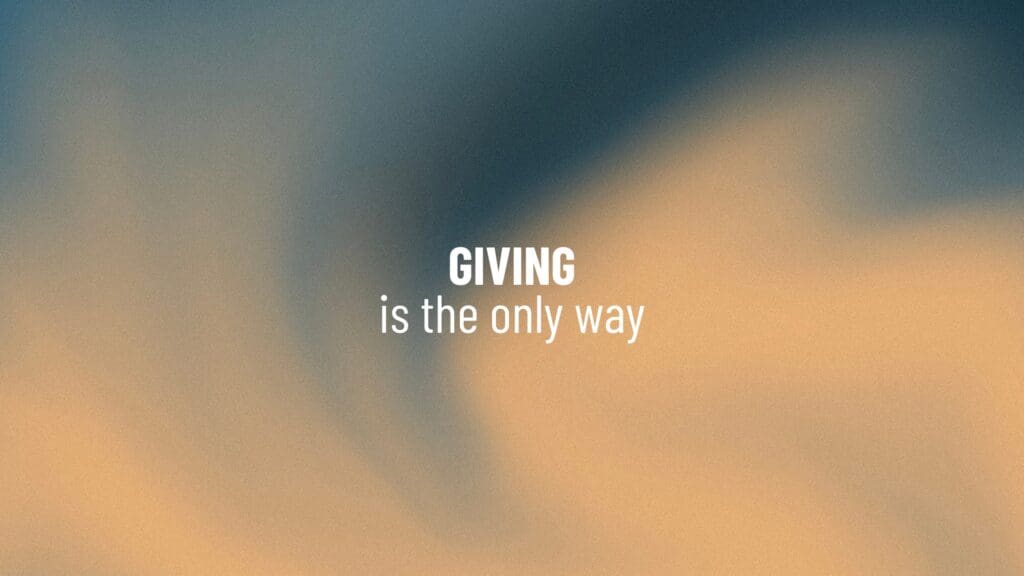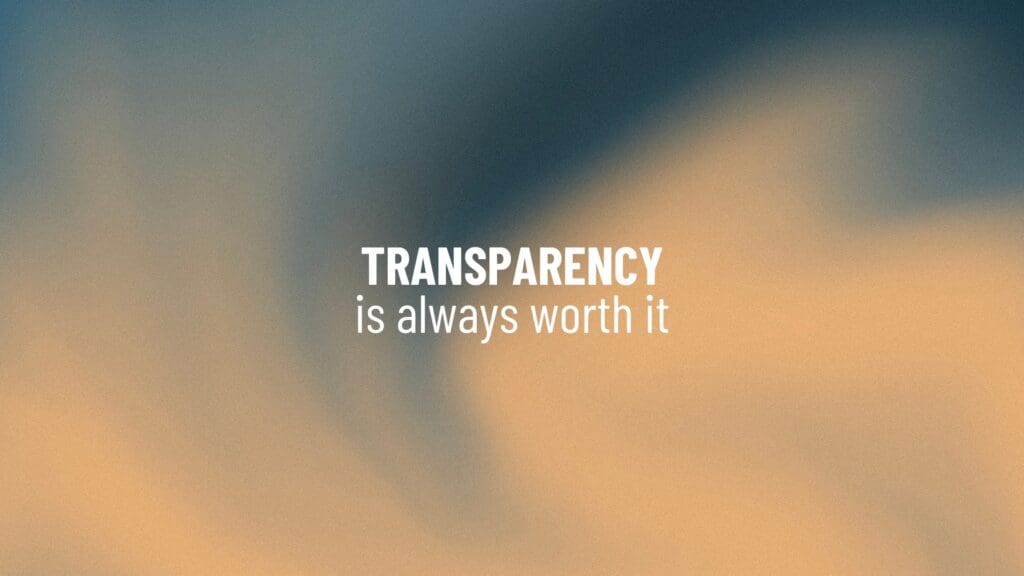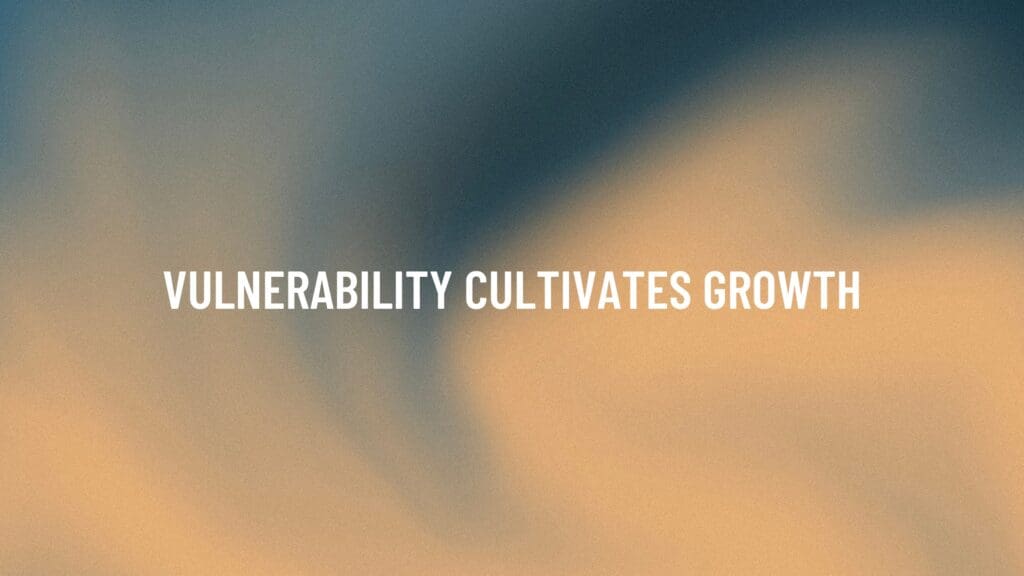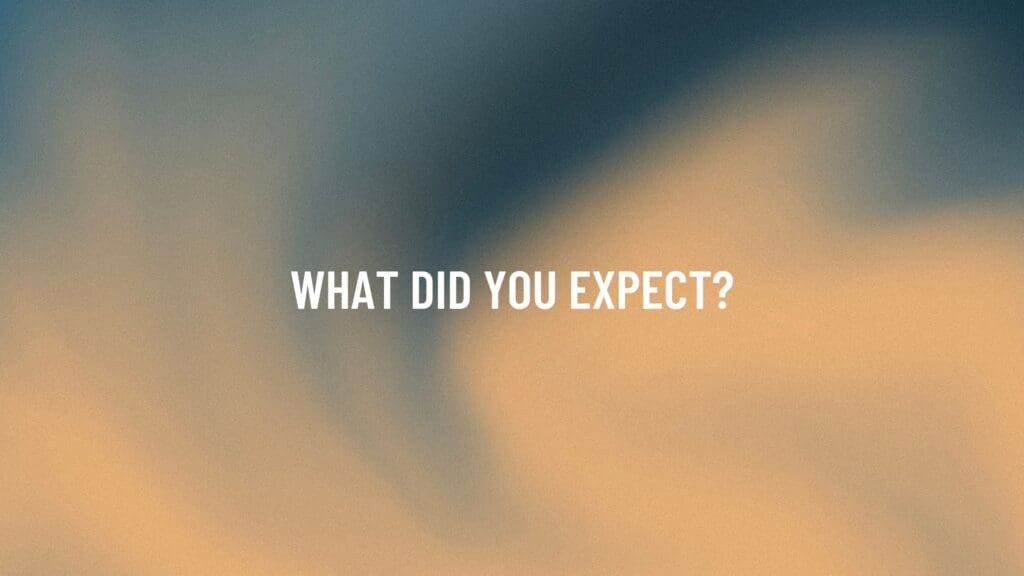
What if Your Judgment Is Bad?
I frequently work with leaders who find themselves in conflict with other leaders or their team. Conflict itself is not bad. It is how we handle or mediate the conflict that will ultimately build or undermine our team unity and culture.
There is a well-studied concept called the Fundamental Attribution Error*. This concept says that people tend to blame the shortcomings of others on some character flaw. When it comes to others, we tend to believe their behavior is a product of their laziness, dishonesty, or intrinsic flaw. When we assess our own lack of performance, it is not because of a character flaw but because of overwhelming external circumstances. It isn’t our fault; anyone else would have done the same thing given the circumstances.
Judging others is rarely helpful. People do what they do for a good reason, but remember, it is for their reasons, not yours. We, as humans, are in no position to judge or condemn others. We still address the behavior but do it without judgment.
Here are some signs you have crossed the line into unhealthy judgment:
- You are emotionally engaged negatively—think anger, disgust, or extreme frustration
- You are using absolutes, like “always” and “never,” when describing the other person
- You are making conclusions about another person’s character; they are lazy, dishonest, or a thief
Unhealthy judgment will not help the situation. It will only serve to harm yourself and your team. I encourage you to have a conversation with the other person using these three DRYVE foundational principles:
- Mutual Respect—Suspend all judgment about motives.
- Shared Purpose—What do we want to accomplish together that we can’t do alone?
- Meaningful Dialogue—Have a two-way conversation with open sharing of insights and perspectives
This approach will more quickly get to the heart of the matter and determine if you and the other person have real and substantive issues. More often than not, you will find you don’t. These types of healthy cultural conversations build trust and provide essential clarity for everyone. To maintain the best conflict-resolution culture, rely on these DRYVE foundational principles, not emotionally charged, personal judgments.
Does your organization currently suffer from unresolved conflict? We can help! Our experienced facilitators bring everyone to the table to help you determine and resolve the real issues. If you would like to know more about conflict management, reach out to us at RandyMayes@DLG.Coach.
*https://www.simplypsychology.org/fundamental-attribution.html
Take action to Contact a Culture Coach at DRYVE Leadership Group today!
Are You The Wrong Bus?
Written by Randy Mayes Popularized by Jim Collins in his book Good to Great, the phrase “Get…
Why Is Trust So Important
Written by Randy Mayes | DRYVE Leadership Coach Why Trust Is So Important People do what they…
Shaping Your Organization
Written by Tyler Head | DRYVE Leadership Coach Shaping your Organization Three Questions that Will Shape Your…
Giving is the only way
Written by Brandon Welch | Frank & Maven “How to keep employees” It’s a phrase that was…
Transparency is worth it.
Written by Richard Ollis | Ollis, Akers & Arney Transparency is an interesting aspect of business that…
Vulnerability Cultivates Growth
Vulnerability requires practice. Endurance Training is much less about repetition (doing it exactly the same) and much…
What did you expect?
One of the popular sayings I heard early in my management career was “people don’t do what…
Do you celebrate?
Imagine how your culture would shift if you put as much energy into celebrating your team’s achievements…
If you fail to plan, you are planning to fail.
“…we used to experience disruptions followed by periods of stability, change now is increasingly perpetual, pervasive, and…


